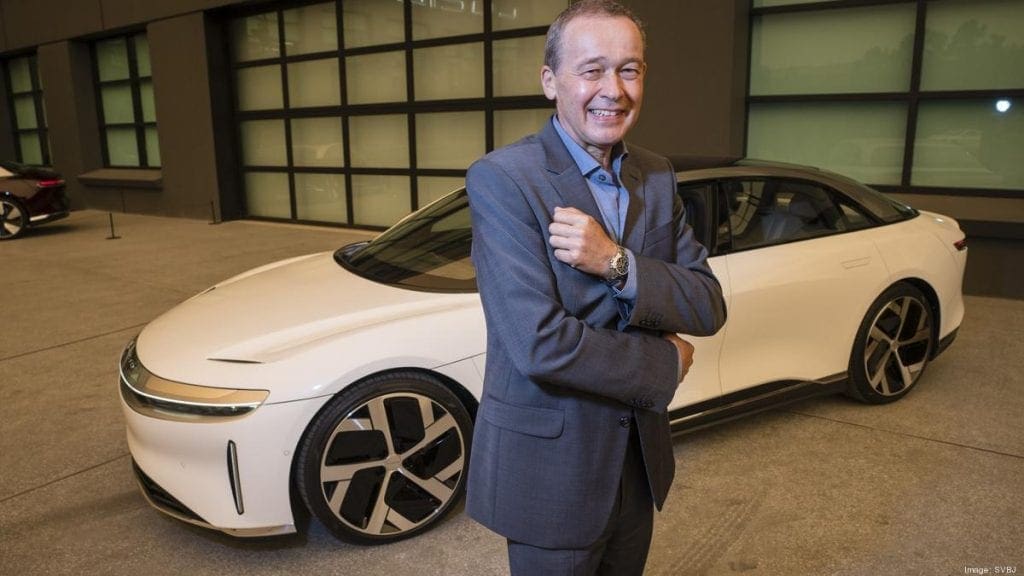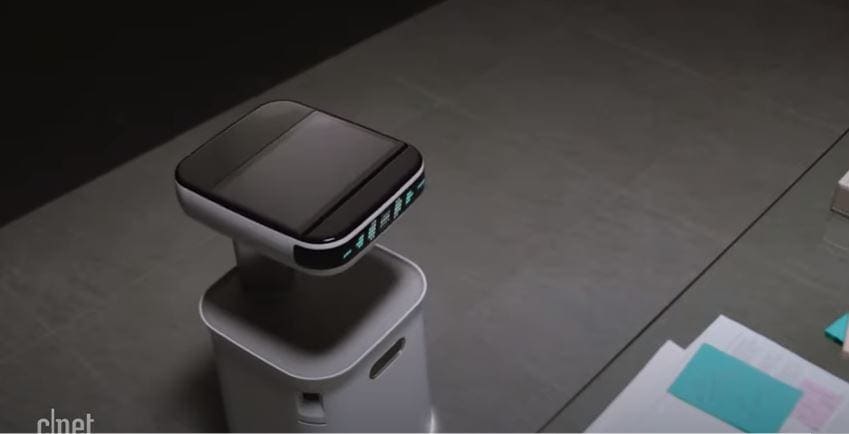In May, Neuralink, the company for brain implants owned by Elon Musk, announced that the FDA had approved it to start testing out the technology on humans. On September 19th, an announcement from the company stated receiving approval from an independent board of reviewers regarding recruiting human subjects for testing. The brain implant is geared towards patients suffering from paralysis.
Neuralink Is Slated To Be A Breakthrough In Medical Technology
Neuralink, a neurotechnology company based out of California, published a post on their blog regarding the announcement. It clarified that the primary objective of the trials on humans will be to assess the safety and functionality of “the Link” – the company’s BCI (brain-computer interface). The purpose behind the BCI and Neuralink as an entity is to manufacture devices that can be implanted that will allow the user to control objects using only their brains. The technology may sound fictionally futuristic, however, Neuralink faces stiff competition in developing devices with such brain interfaces.
In the announcement, it was stated that their BCI’s first objective will be to make people use their thoughts exclusively to control any small computer peripherals like a keyboard or mouse. The technology is understandably exciting for many. However, the first-ever human clinical trials can carry significant risks for those who are undergoing it.
Previously, Elon Musk as well as Neuralink has faced severe criticism because of its treatment of lab animals. It was severe enough that the Physicians Committee for Responsible Medicine registered an official complaint in 2022 February. They alleged that the company carried out deadly and invasive brain experiments. Before the end of 2022, federal authorities were investigating the company for possibly violating regulations regarding animal welfare. Documents have claimed that Neuralink has been the cause of death for about 1,500 animals of varying species since 2018.



